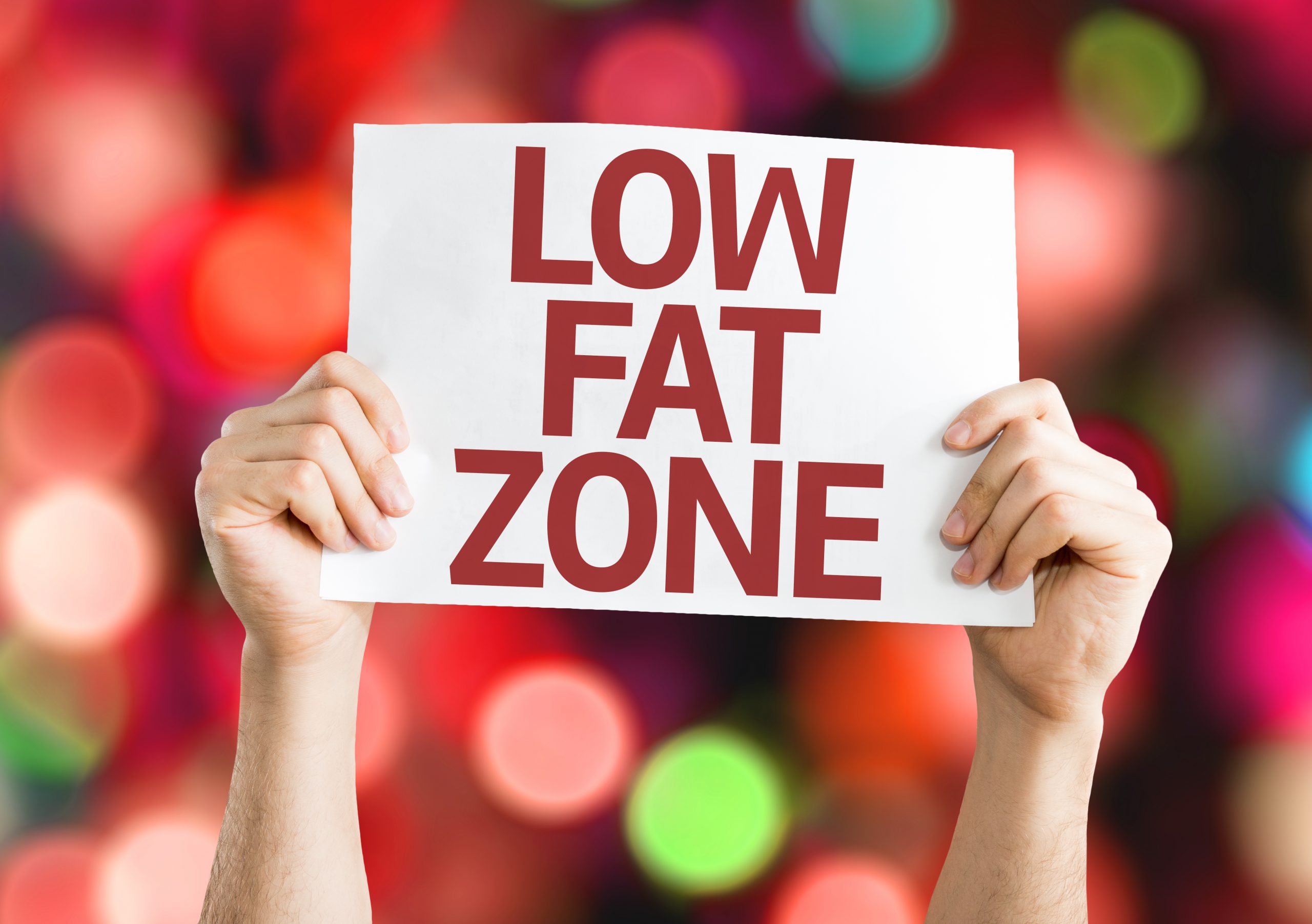A healthy diet plays a crucial role in maintaining overall well-being, and when it comes to prostate health, the importance of a balanced and nutritious diet cannot be overstated. One dietary approach that has been widely recognized for its positive impact on prostate health is a low-fat diet. By reducing the consumption of high-fat foods, particularly unhealthy saturated and trans fats, men can support the health of their prostate and potentially reduce the risk of prostate-related issues. In this article, we will explore the benefits of a low-fat diet for prostate health and how it can contribute to a healthier lifestyle.
- Reduced Risk of Prostate Cancer:
A low-fat diet has been associated with a lower risk of developing prostate cancer, one of the most common types of cancer in men. High-fat diets, especially those rich in saturated and trans fats, have been linked to an increased risk of prostate cancer. By opting for a low-fat diet that focuses on lean protein sources, whole grains, and plenty of fruits and vegetables, men can reduce their exposure to potentially harmful fats and lower their risk of prostate cancer.
- Better Heart Health:
Maintaining a low-fat diet not only benefits the prostate but also supports heart health. High-fat diets, especially those high in saturated and trans fats, can contribute to the development of cardiovascular diseases, such as heart disease and high blood pressure. By reducing the intake of unhealthy fats, men can promote cardiovascular health, which is essential for overall well-being, including prostate health.
- Weight Management:
A low-fat diet can aid in weight management, which is crucial for maintaining prostate health. Obesity has been linked to an increased risk of prostate-related issues, including prostate cancer and benign prostatic hyperplasia (BPH). By adopting a low-fat diet that includes nutrient-dense foods and limits high-fat and calorie-dense options, men can better manage their weight and reduce the risk of prostate-related complications.
- Enhanced Nutrient Intake:
A low-fat diet encourages the consumption of nutrient-rich foods, such as fruits, vegetables, whole grains, and lean protein sources. These foods are abundant in vitamins, minerals, antioxidants, and phytochemicals that support overall health and well-being. By focusing on these nutrient-dense options, men can provide their bodies with essential vitamins and minerals that promote optimal prostate function and support a strong immune system.
- Lowered Inflammation:
A high-fat diet, especially one that includes unhealthy fats, can contribute to chronic inflammation in the body. Chronic inflammation has been linked to various health conditions, including prostate inflammation and enlargement (prostatitis). By adopting a low-fat diet that emphasizes anti-inflammatory foods, such as fruits, vegetables, whole grains, and fatty fish rich in omega-3 fatty acids, men can help reduce inflammation in the prostate and support its healthy function.
- Improved Digestive Health:
Foods high in unhealthy fats can contribute to digestive issues, such as constipation and gastrointestinal discomfort. By following a low-fat diet that includes high-fiber options, men can promote digestive health and regular bowel movements. Good digestive health is crucial for overall well-being and can indirectly support prostate health by preventing complications that may arise from digestive disturbances.
- Overall Healthy Lifestyle:
Adopting a low-fat diet is often accompanied by other healthy lifestyle habits, such as regular physical activity and avoidance of smoking and excessive alcohol consumption. Engaging in regular exercise and maintaining a healthy weight are additional factors that positively influence prostate health. By adopting a low-fat diet, men are more likely to embrace a holistic approach to their well-being, promoting overall health and reducing the risk of prostate-related issues.
When following a low-fat diet for prostate health, it












